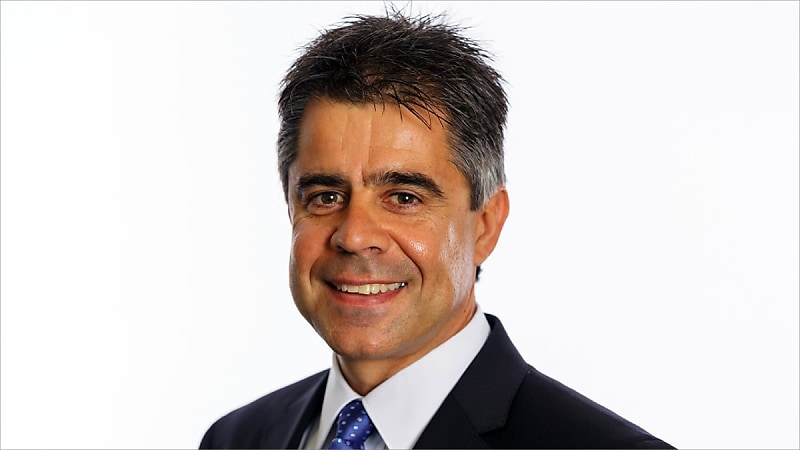Experience-only pathway for advisers misses the point: SMSFA
The SMSFA has stated the adoption of an experience-only pathway to satisfy the education requirements for financial advisers does not meet the original policy intent of enhancing professional standards and moving financial advisory services towards becoming a true profession.
In its submission to Treasury on the Financial Advisers Professional Standards Exposure Draft (Bill 2023), the SMSFA said the profession would have been better served with clear education pathways and options, that recognised the diverse financial advice system ecosystem and not the rigid one-size-fits-all approach adopted.
“There is a need for greater recognition of prior learning under existing tertiary education standards, and the approval or courses and education pathways set by a body comprising of regulators, professional associations, and tertiary education providers,” it stated in its submission.
“These would have avoided the need for a watering down of the provisions and, in all likelihood, would have resulted in more advisers remaining in the profession.
“We acknowledge the concern around declining financial adviser numbers and the importance of retaining experienced financial advisers in the industry. There will be advisers who need time to prepare for their retirement and not be forced to sell their businesses under fire sale conditions.
“They will need an opportunity to transition their businesses and hand over to the next generation.”
The submission said due to the impacts of COVID-19 and various natural disasters, there is a need to allow time for this to occur post 1 January 2026 and, for this purpose, the SMSFA supports the experience pathway.
However, the SMSFA continued that it’s essential for the proposed pathway to include a sunset clause of which the date should provide sufficient time for advisers who are registered in the FAR under the experienced pathway to transition out of the profession in an orderly and fair and reasonable manner if they choose to do so.
“The lack of a sunset clause is a risk to the profession and consumers and could leave the door open for advisers, who have not satisfied the education requirements, to remain in the profession indefinitely,” it stated.
If those seeking to continue practicing beyond this sunset date, they should be required to meet the education requirements.
The SMSFA also made clear in its submission the proposed pathway could see an adviser subject to an enforceable undertaking (or some other form of ASIC sanction), still satisfy the experience adviser pathway criteria because that action arose after 31 December 2021.
“This outcome, whilst not intended, could be very damaging to the financial advice profession,” it stated.
“To reduce the risk of this occurring we recommend the requirement to have a clean record should apply up until the date of Royal Assent of these amendments.
“Looking forward, advisers who are authorised and registered on the FAR using the experienced pathway need certainty and fair consideration. Where an adviser is deemed to meet the education requirements, no matter how that has been achieved, it should be treated as one and the same.”
Meanwhile, the FAAA has in its submission said it while it supports the Experienced Adviser Pathway, the measure needs to be “better targeted”.
CEO of the FAAA Sarah Abood said the FAAA, including its two predecessor bodies (AFA and FPA), has long argued for both high standards and better recognition for advisers’ prior learning and experience.
“We also acknowledge the challenges for older advisers, approaching their retirement, in undertaking an eight-subject graduate diploma,” she said.
“Implementing an appropriately targeted experienced pathway could help to offset the substantial decline in adviser numbers over recent years (down 45 per cent since 1 January 2019). A significant number of older advisers, who might have left the profession, could now stay for longer – which will be good for them and for their clients, who may have gone unserved in the absence of this measure.
“Consistent with our last submission, we believe that this measure should be better targeted to older advisers, with the inclusion of a 10-year sunset clause. This would represent an appropriate transition for established, experienced financial advisers and planners with a clean compliance record. Otherwise, we will be in a position whereby planners currently in their thirties could continue to practice indefinitely with no further qualifications required.
“In addition, a requirement to complete the Code of Ethics Graduate level subject would ensure that all practicing advisers have a shared understanding and body of knowledge of our legislated code.
“The experienced pathway proposal has divided our profession, and our membership. Our most recent survey showed that 50.9 per cent of members are supportive of a pathway, and 49.1 per cent are opposed. However, the level of support would grow to 70 per cent if both the sunset clause and ethics unit changes were incorporated.”








